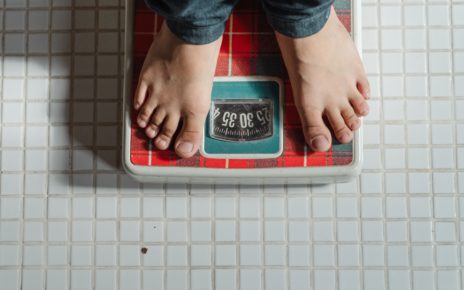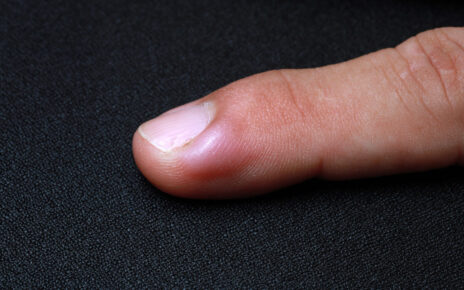As summer temperatures climb, it’s crucial for those on specific medications to be extra cautious about staying hydrated and managing risks related to heatwaves. Many commonly prescribed drugs can affect how our bodies handle heat, potentially leading to dehydration and other health complications.
Diuretics, often known as “water pills,” are medications used to treat conditions like high blood pressure and heart failure by increasing urine output to reduce fluid buildup. However, during hot weather, diuretics can accelerate fluid loss, putting individuals at risk of dehydration and electrolyte imbalances. It’s essential for those on diuretics to drink plenty of fluids to maintain hydration levels.
Beta blockers, which are medications prescribed for high blood pressure, heart conditions, and migraines, can interfere with the body’s ability to regulate temperature. By blocking adrenaline, beta blockers can reduce sweating, the body’s natural cooling mechanism, potentially leading to increased body temperatures and a higher risk of heat-related illnesses.
Angiotensin-Converting Enzyme (ACE) inhibitors, used to manage high blood pressure and heart conditions, can also contribute to fluid loss and dehydration, especially when coupled with the body’s natural fluid loss through sweating during hot weather. Additionally, ACE inhibitors may lower blood pressure, increasing the risk of dizziness and fainting, particularly among older individuals.
Certain antidepressants and stimulants used to treat conditions like depression and ADHD can also impair the body’s ability to regulate temperature effectively. These medications may hinder sweating and increase the risk of overheating during periods of high heat and humidity.
Laxatives and some pain relievers can lead to fluid loss, impacting kidney function and upsetting the body’s mineral balance, which is crucial for maintaining hydration.
To minimize the risks associated with these medications during a heatwave, here are some important precautions to follow:
Stay hydrated: Drink plenty of water and electrolyte-rich fluids throughout the day, even if you don’t feel thirsty. Avoid alcoholic and caffeinated beverages, as they can contribute to dehydration.
Use air conditioning: Spend time in cool environments with air conditioning, whether at home, work, or public spaces. If air conditioning is unavailable, seek out shaded or cooler areas and use fans to promote air circulation.
Limit outdoor activities: Avoid strenuous outdoor activities during the hottest parts of the day. If you need to be outside, take frequent breaks in shaded or cooled areas and stay hydrated.
Dress appropriately: Wear lightweight, loose-fitting clothing that allows for airflow and helps regulate body temperature.
Monitor for symptoms: Be aware of signs of heat-related illnesses, such as dizziness, headache, nausea, muscle cramps, and excessive sweating. Seek medical attention promptly if you experience these symptoms.
Consult your healthcare provider: If you have concerns about how your medications may affect you during hot weather, discuss them with your healthcare provider. They can offer guidance on adjusting your dosage or considering alternative medications if necessary.
By taking these precautions, individuals can better manage their health and minimize the risks associated with medication use during heatwaves. Awareness and proactive measures are key to staying safe and healthy during periods of elevated temperatures.





